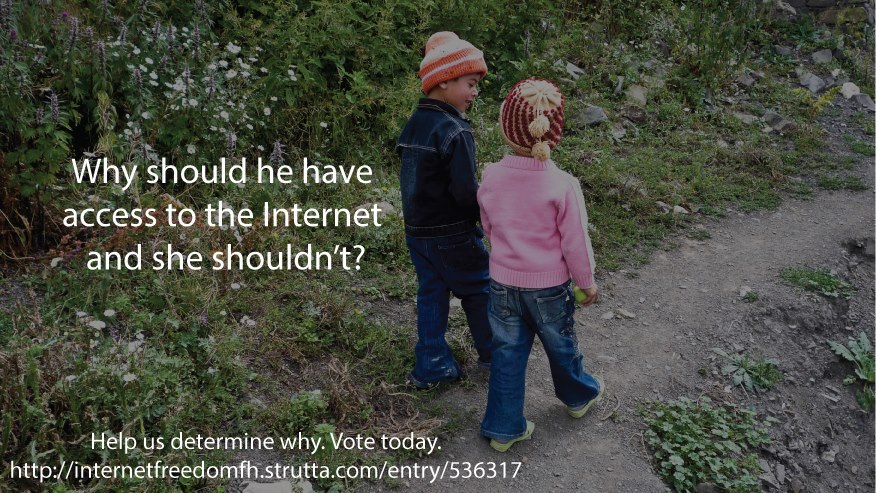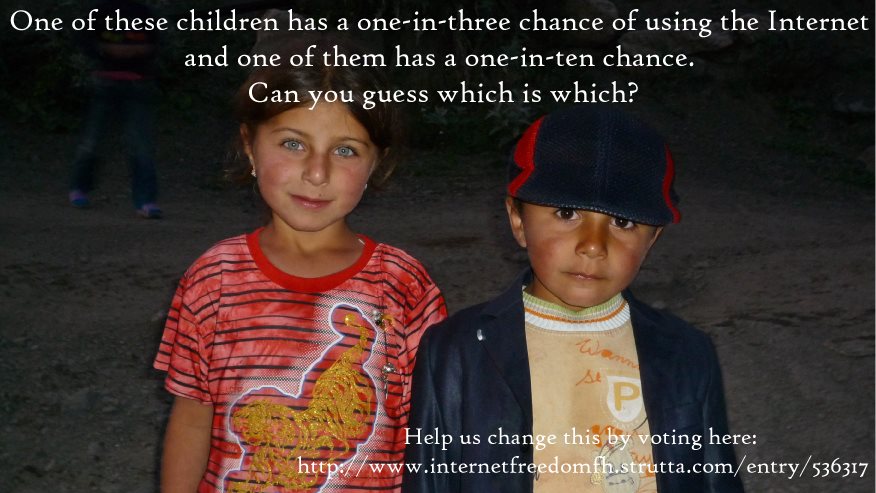Gender equality in Azerbaijan
Here are the results of analysis about attitudes toward gender issues in Azerbaijan.
The upper left graph about women and work is particularly
interesting. Women and men tend to agree on these items, except that men
are more likely to believe that university education is more important
for a boy than a girl and men think that men make better business
executives.
The upper right hand graphic looks at women and jobs and there was
more disagreement. Over half of Azerbaijani women believe that having a
job is the best way for a women to be independent, while only a third of
men do. As for the 29% of men that disagree that having a job is the
best way for a woman to be independent, it would be interesting to know
what they do believe is the best way for independence.
Only a quarter of Azerbaijan women think that it is problematic when a
woman earns more than her husband, but over a third of men believe
this.
And when jobs are scarce, over two-thirds of Azerbaijani men believe
men have more of a right to a job than women, while a little under half
of women feel this way.
The lower right corner graph looks at attitudes about gender roles.
For the most part Azerbaijani men and women were in agreement except
significantly more men think that men should have the final decision
making power in the home. Also, more men believe that gender equality
has been reached in Azerbaijan. Notably, nearly all Azerbaijanis think
that women should be responsible for diapering, bathing, and feeding
children.
Finally, in the lower left is skills that Azerbaijanis were taught as
children or teenagers. Nearly all Azerbaijani women were taught to
prepare food, clean the house and the bathroom, wash clothing, and care
for younger siblings.
There were very strong differences between men and women in nearly all activities except for caring for younger siblings.
Men were also more likely to be taught to grocery shop, drive, and fix home appliances.
Very few Azerbaijan women were taught to drive as teenagers.
Full version here.



